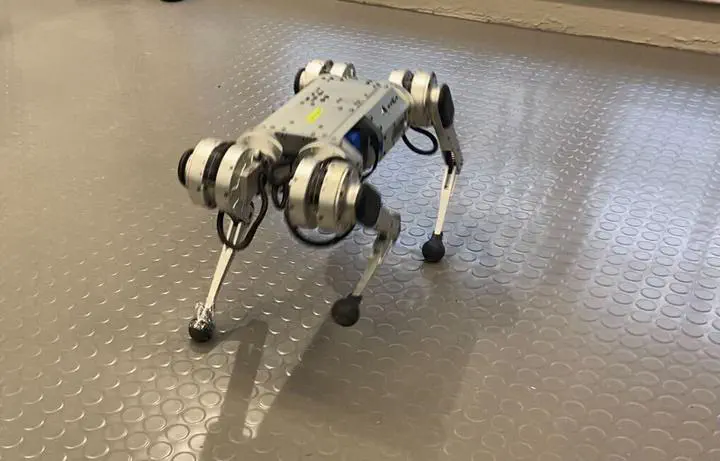
Abstract
While most recent advancements in legged robot control have been driven by model-free reinforcement learning, we explore the potential of differentiable simulation. Differentiable simulation promises faster convergence and more stable training by computing low-variant first-order gradients using the robot model, but so far, its use for legged robot control has remained limited to simulation. The main challenge with differentiable simulation lies in the complex optimization landscape of robotic tasks due to discontinuities in contact-rich environments, e.g., quadruped locomotion. This work proposes a new, differentiable simulation framework to overcome these challenges. The key idea involves decoupling the complex whole-body simulation, which may exhibit discontinuities due to contact, into two separate continuous domains. Subsequently, we align the robot state resulting from the simplified model with a more precise, non-differentiable simulator to maintain sufficient simulation accuracy. Our framework enables learning quadruped walking in minutes using a single simulated robot without any parallelization. When augmented with GPU parallelization, our approach allows the quadruped robot to master diverse locomotion skills, including trot, pace, bound, and gallop, on challenging terrains in minutes. Additionally, our policy achieves robust locomotion performance in the real world zero-shot. To the best of our knowledge, this work represents the first demonstration of using differentiable simulation for controlling a real quadruped robot. This work provides several important insights into using differentiable simulations for legged locomotion in the real world.